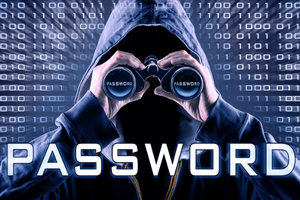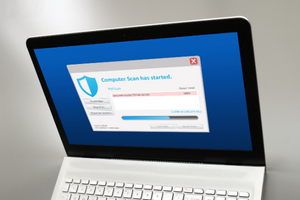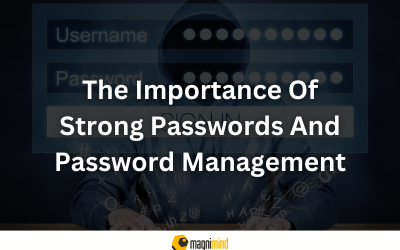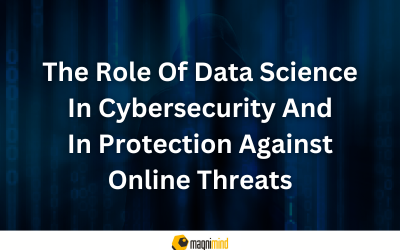Cybersecurity is a critical aspect of our digital lives. It refers to the protection of personal and sensitive information from unauthorized access, use, disclosure, disruption, modification, or destruction. With the increasing use of technology in our daily lives, it’s important for everyone to understand the basics of cybersecurity. Here are some essential concepts that every non-expert should be aware of.

Passwords
Passwords
Strong passwords are a crucial component of good cybersecurity practices. Avoid using easily guessable information such as birthdays or names. Instead, create a unique and complex password using a combination of upper and lower case letters, numbers, and symbols.

Anti-virus software
Anti-virus software
Anti-virus software helps protect your devices from malicious software and viruses that can harm your device or steal sensitive information. Regularly updating your anti-virus software is essential to ensure that your device remains protected against new threats.

Phishing scams
Phishing scams
Phishing scams are fraudulent emails or websites designed to trick you into providing sensitive information, such as passwords or credit card numbers. Be cautious of emails or websites that ask for personal information, and always verify the sender before providing any information.

Public Wi-Fi
Public Wi-Fi
Public Wi-Fi networks are convenient, but they are also less secure than private networks. Avoid using public Wi-Fi networks for sensitive activities such as online banking or shopping, as these networks can be easily hacked.

Cloud storage
Cloud storage
Cloud storage has become an increasingly popular way to store data. However, it’s important to ensure that your data is stored with a reputable provider that uses strong cloud security measures to protect your data.

Regular software updates
Regular software updates
Regular software updates are crucial in keeping your devices and software secure. Updates often include security patches to fix vulnerabilities that can be exploited by hackers.

Conclusion
In conclusion, understanding the basics of cybersecurity is essential in today’s digital age. By being aware of the potential threats and taking the necessary precautions, you can help protect your personal and sensitive information from cybercriminals.



